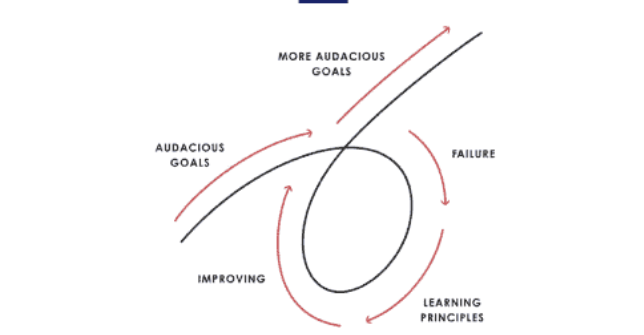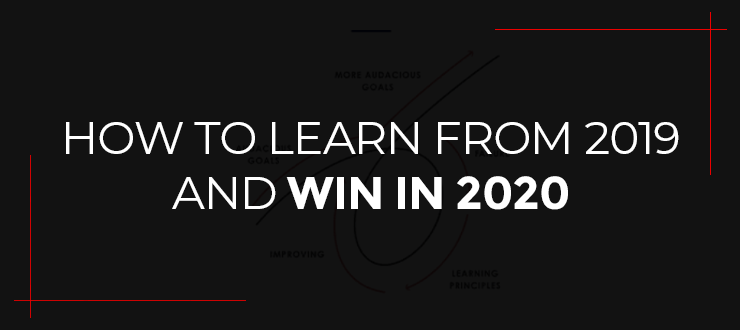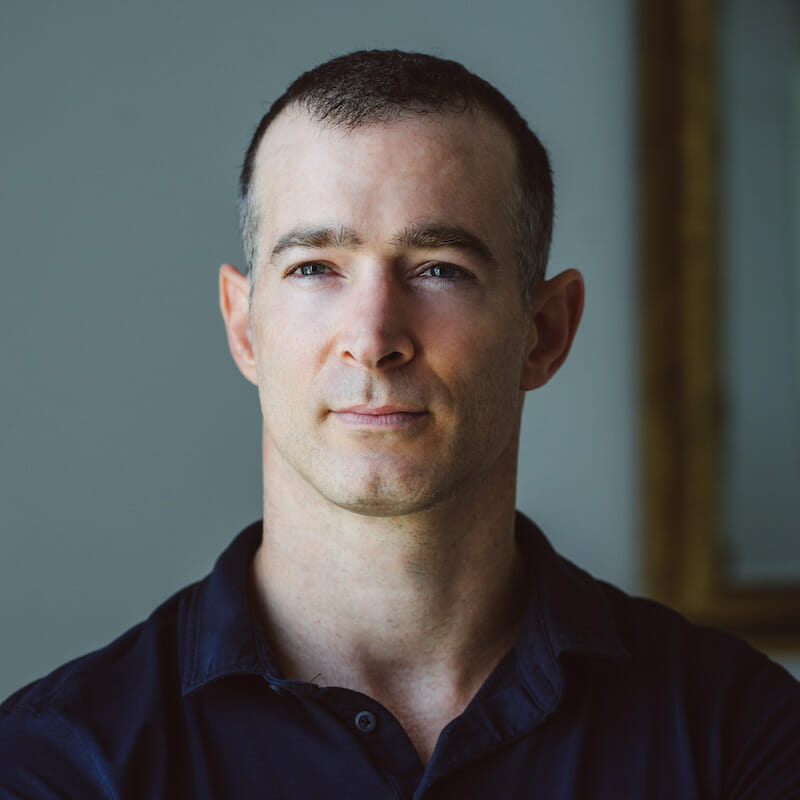
TLDR:
One of the most valuable tools for success used in the military is a debrief. It enables people to properly learn from previous mistakes and successes, ensures systematic evolution and paves the way for a better future.
Planning for 2022 before you've properly debriefed 2021 could lead you to repeat the same mistake and miss out on major opportunities.
The Power of a Debrief and What I Learned in the Special Forces
It seems like everyone is setting 2022 goals and Q1 plans and I wanted to share a fundamental tool that was drilled into my head. Perhaps it can serve others in the community as well.
Here's the common yearly goal/strategy building process:
1. 2021 Big Sexy Audacious Goal
2. 2021 Action Plan
3. No reflection of 2021 successes/failures
4. 2022 Big sexy Audacious goal
5. 2022 Action Plan
Here's how this process is done in the special forces:
1. Desired outcome for mission #1
2. Battle plan for mission #1
3. Debrief of mission #1
4. Update of general battle methodology (or SOP's)
5. Desired outcome for mission #2
6. Battle Plan for mission #2 (relying on updated battle plans/sops = better execution and results)...
Noticeable gap, right?
So why is everyone is talking about 2022 goals, but no one is talking about doing a 2021 DEBRIEF?
The 3 Main Reasons People Don't Debrief
Lack of awareness
Not knowing how to go about it
It's uncomfortable/Not fun
Reason #1 will be resolved by anyone simply reading this article. Reason #2 will also be resolved as I've included an 8 step process on how to conduct a debrief at the end of the article.
I want to focus on reason #3 because it's the primary reason people don't conduct debriefs. So why does this discomfort stop people despite all the potential benefits?
Honestly put, it's simple to do but it's not easy to get ourselves to do it. It's not as fun to honestly assess our shortcomings instead of "visualizing our success" and "filling our cup with positivity towards the new year" and all the Instagram unicorn nonsense.
Yes, creating 2022 goals is crucial, however aren't we bound to make the same mistakes AGAIN and WASTE time AGAIN if we don't make the time to asses what worked, what didn't, take ownership of that and use that as a baseline for our future decision making processes?
Why It's Conducted In the Special Forces and Why You Should as Well
In bootcamp we were taught from day one that failure is a part of growth. Putting us in situations where we would fail was actually one of the instructor's primary goals. To push us beyond our limits. Then when we inevitably stumbled they would stop everything. They'd show us WHY it happened, how to avoid it next time and what we need to do in order to become elite operators.
All of us are trying to do BIG things, so it's natural that we fail right? Yes, failure is painful but since you've already paid that price for failing shouldn't you at least get your money's worth from it and evolve regardless of the discomfort?
The logic behind debrief in the special forces is as follows:
- What doesn't evolve dies and we MUST learn from our mistakes in order to evolve, survive and win.
- When a mistake is made, look at it straight in the face and ask the necessary questions in order to attain newfound wisdom and growth. It is vital in ensuring that the same mistake doesn't repeat itself and takes a tragic toll.
In the special forces a debrief was ingrained in us as a given. We did a debrief after every single drill, exercise, training, mission, etc. From the most mundane and simple drills to the the most complex missions it was a must. It was a must because the price of potential failure was so devastating.
But honestly, isn't losing another year to mediocrity in our businesses also devastating?
How to Conduct a Debrief
Here are the questions I consistently ask myself and especially now before planning out 2022:
01 What were my desired outcomes for this past year?
02 What was my plan of attack?
03 What was the outcome of the method/plan chose?
04 What was the gap between my desired outcomes and my actual outcomes?
05 Why did that gap happen?
06 What benefited me in the pursuit of my desired outcomes and how can I incorporate that into future plans?
07 What hindered me in the pursuit of my desired outcomes and how can I mitigate it moving forward?
08 Most importantly, is there a higher level principle at play here that can have an overarching effect in the future on my life and business?
* This is usually a personal trait that isn't serving me and is causing me to make decisions that aren't in line with my desired outcomes. See my example below.
My Main Personal Takeaway from 2021
After debriefing and going over several issues, I found one higher level principle that came into play several times. This higher level principle will go into my updated battle methodology/personal SOPs.
My higher level principle is that I need to stop trying to do things just because I can do them. I need to start asking a more intelligent question, "Should I?"
In 2021 doing something just because I could took me away from achieving my desired outcomes.
In 2022 I will be doing more hiring and also simply leaving some tasks that I could do undone. Why? Because while I can do them, they don't actually create a big enough impact in moving me towards my goals and I need to learn to be ok with letting go of the small things so I can focus on the big things.
What's Your Main Takeaway from 2021?
How do you go about doing this and what lessons have you learned this year? Please share in the comments below.
This visual from Ray Dalio's Principles book is something that I have on my wall at home to help me remember to constantly go through this process. Perhaps it can serve you as well.


